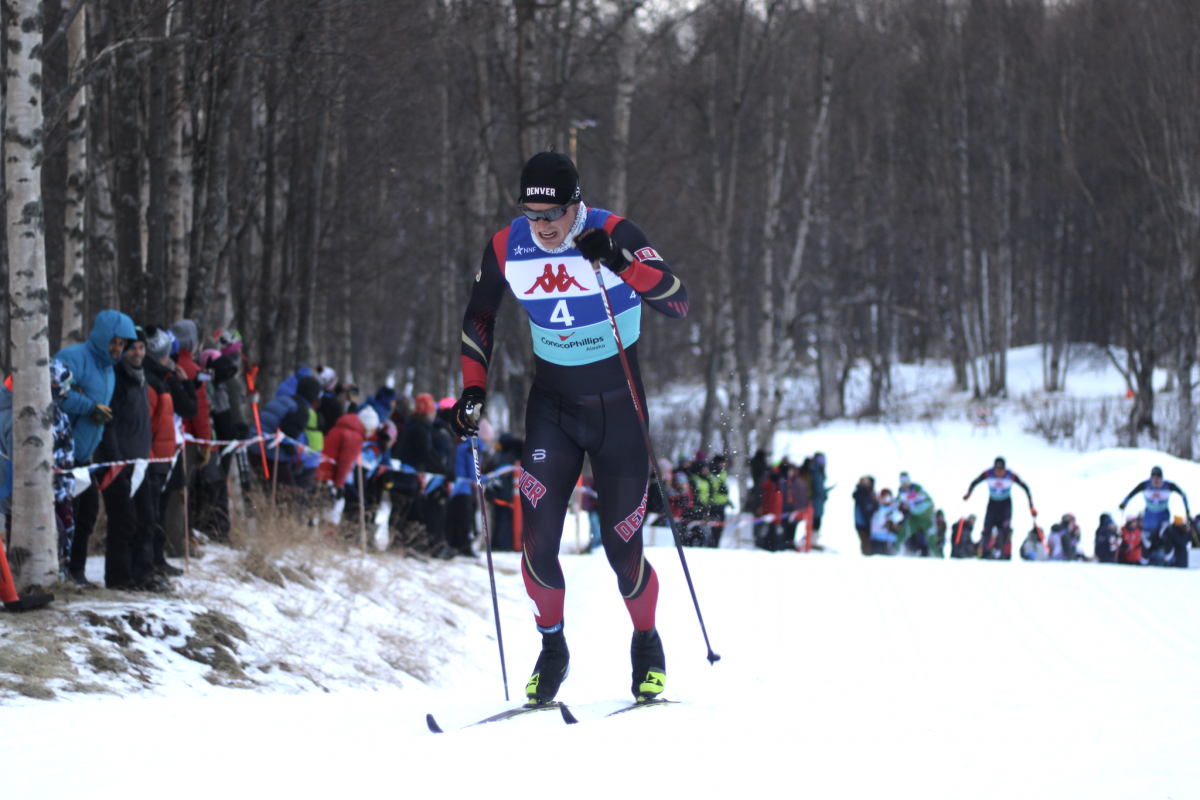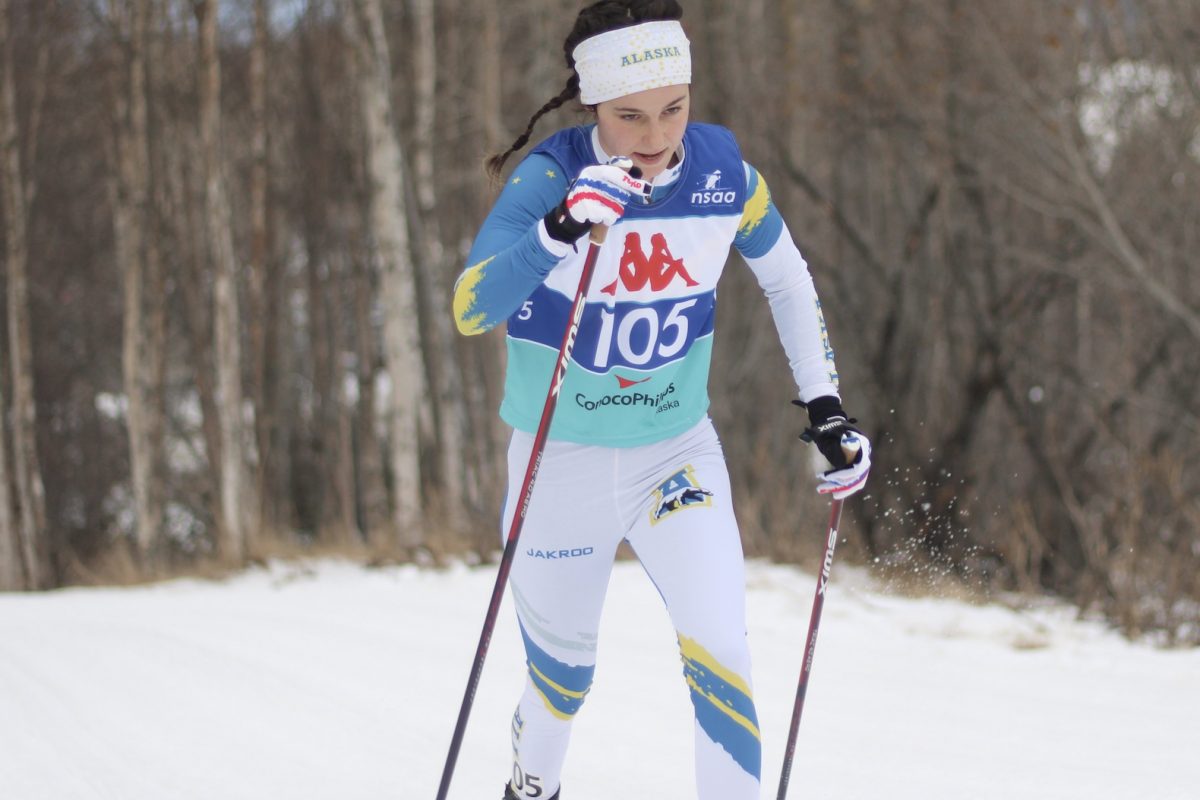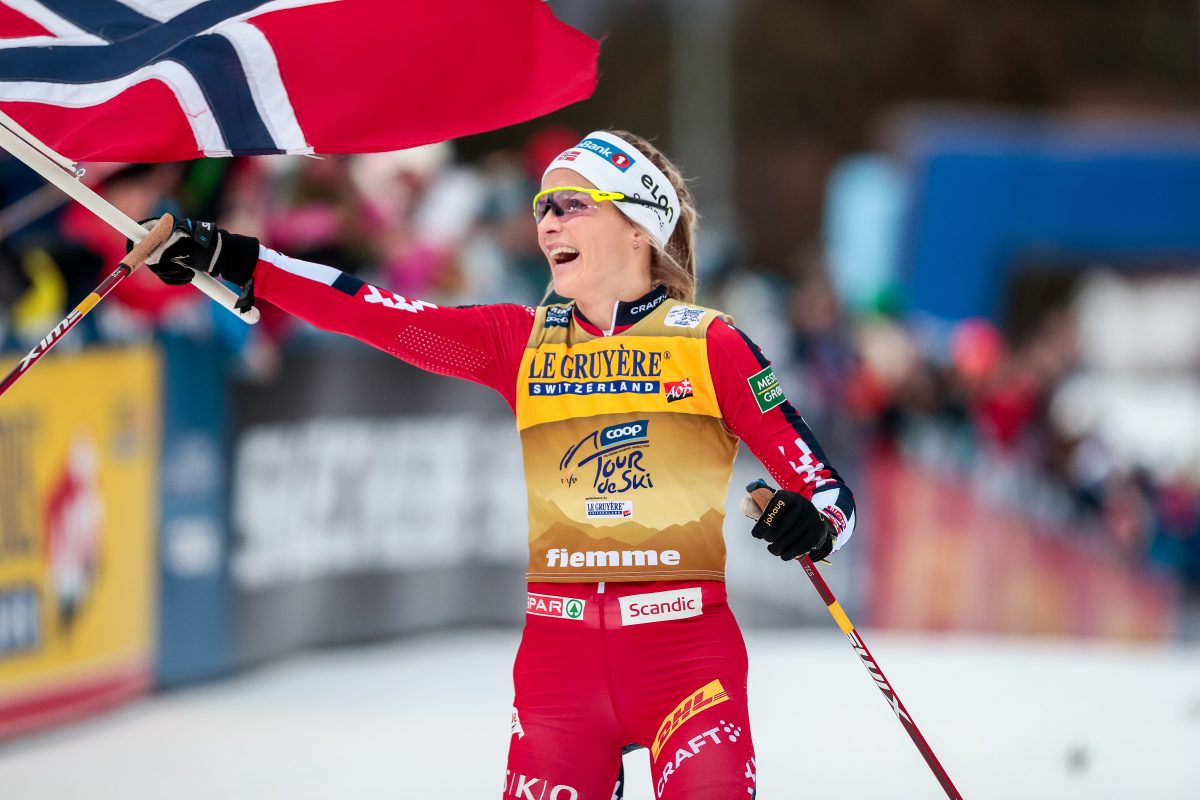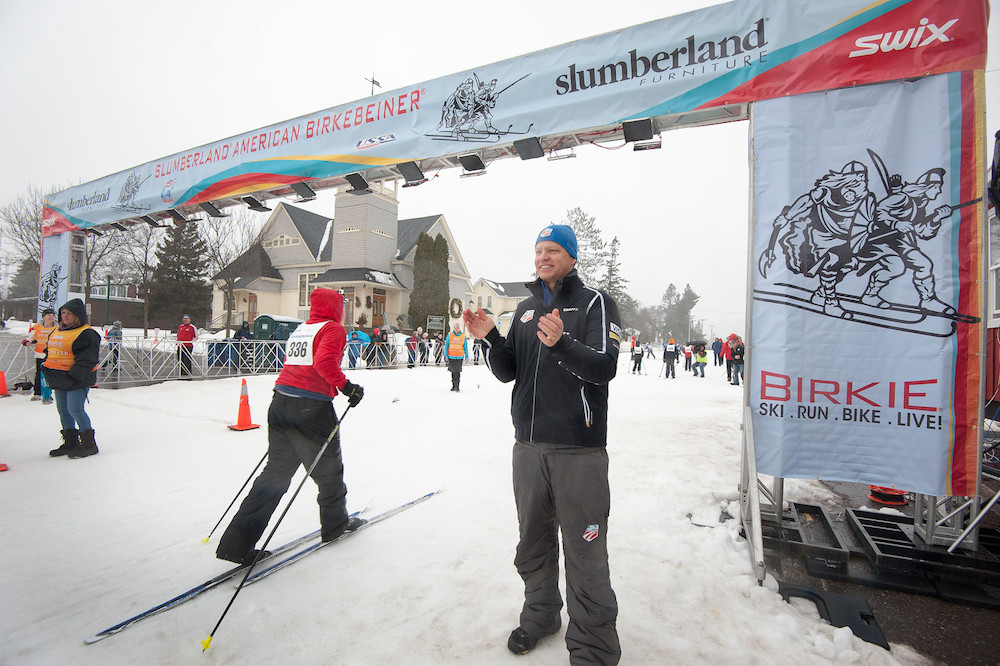
ZURICH, Switzerland—Tucked at the top of U.S. Ski and Snowboard’s list of proposals for policy changes at the recent International Ski Federation (FIS) Technical Meetings here was this: “Independent Doping Panel.”
The idea was developed along with the Norwegians, who submitted an identical proposal. U.S. Ski and Snowboard President and CEO Tiger Shaw explained that at the moment, FIS decisions made on doping may be made by individuals who also serve other roles in the organization or internationally.
“The idea is just to have a more independent panel at FIS,” Shaw said in an interview before he headed to the FIS Alpine World Cup a few hours away in Sölden, Austria. “What if, for instance, it’s a Russian who is the head of the [doping panel], and we are talking about sanctioning Russia from the Olympics? You can imagine that there would be a sense of conflict of interest there.”
Shaw believes that Russia, as a country, should be banned from the upcoming 2018 Olympics in PyeongChang, South Korea, because of evidence of a systematic doping program before, during, and even after the 2014 Olympics.
“You cannot let a country compete that has had more than 1,000 people overtly cheating for years, where that has been proven,” Shaw said. “What the hell are we doing? The athletes have to stand up and demand that. Throw the Russians out [as a country], and let their athletes compete if they are clean and they can prove it.”
Strong words. But Shaw’s feelings about the current “soap opera” surrounding Russian doping are symptomatic of broader governance changes that U.S. Ski and Snowboard is seeking in the sporting world.
“FIS is typical as compared to a lot of older European governance bodies,” he said. “The concept of conflicts of interest is somewhat new in the last couple of decades, and in the case of FIS there has been very little done [to address this].”
Indeed, the International Olympic Committee (IOC) only this month required all of its members to sign a commitment to “ethical principles” for the first time. Included in the document was a primer on the correct way to handle conflicts of interest, and it was almost entertainingly basic in the level of information presented.
“Globally, we want to really push a movement to remove the conflicts of interest between anti-doping and sports organizations around the world,” Shaw said. “The conflicts of interests there are rife and absolutely absurd.”
For instance: Gian Franco Kasper, the President of FIS, is also a member of the IOC Executive Board, and was a member of the World Anti-Doping Agency (WADA) Executive Board from 2003-2016. Are the best interests of all three of those organizations always served by the same decision, and it not, then what is one to do?
And so dealing with the Russia situation is task number one. But it’s part of a bigger picture – a picture U.S. Ski Team athletes and coaches have become noticeably more outspoken in interviews and on social media in the last year.
“There are a lot of Europeans within these establishments who are trying to protect the status quo,” he said. “They are not happy with us. We are the obvious ones to point to because we are becoming the loudest. And Trump doesn’t help… [He] makes it easy to say that we’re on a self-serving mission. No, we’re on a sport-saving mission. If other countries aren’t going to step up and be as loud as we are, then we will just get louder.”
Potential Doping Ban for Six Russian Skiers
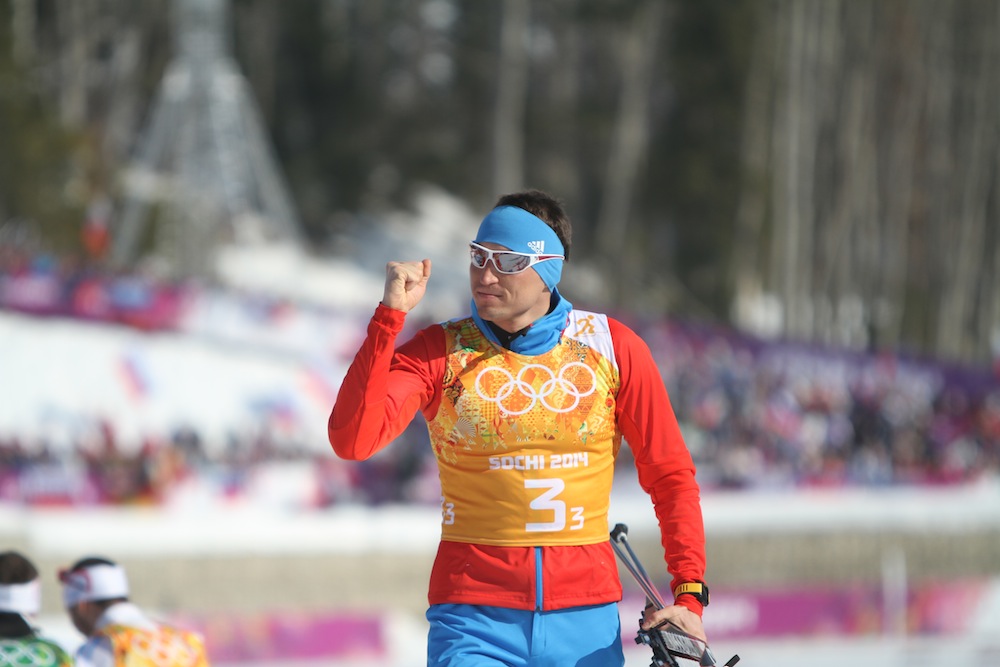
The topic of Russia at the Olympics is a hot one, as FIS has until October 31 to either bring an anti-doping rule violation against six Russian cross-country skiers, or else lift the provisional suspensions that have been in place against them since last December.
The skiers were implicated in the McLaren Report, an independent investigation commissioned by the International Olympic Committee (IOC) to identify possible doping at the 2014 Olympics. Urine sample bottles belonging to the six athletes were found to have scratches on them consistent with tampering, and an alleged scheme to replace “dirty” samples with “clean” ones was described in detail by a whistleblower.
Shaw believes that there is plenty of evidence in the McLaren Report to justify rule violations brought against the athletes, and questions why FIS hasn’t charged them already.
At the moment, FIS is waiting for the IOC to share information from a disciplinary commission which could add to the evidence in the skiers’ cases. But the delivery date on that information has been pushed back time and time again.
When asked this week whether FIS had received any information from the IOC commission regarding the six Russian athletes, FIS Secretary General Sarah Lewis replied:
“As outlined previously you will need to address this question to the IOC. We made sure the IOC is aware of the dates of the start of the FIS Cross-Country World Cup in late November and as far as we are informed the IOC is aiming to deal with the cases involving athletes under FIS authority before that.’”
When the Court of Arbitration for Sport (CAS) reviewed the provisional suspension of the athletes, and in particular 2014 Olympic gold medalist Alexander Legkov, it signaled that it largely believed the evidence in the McLaren Report and did not buy character assassination against the report’s main source, whistleblower Grigory Rodchenkov.
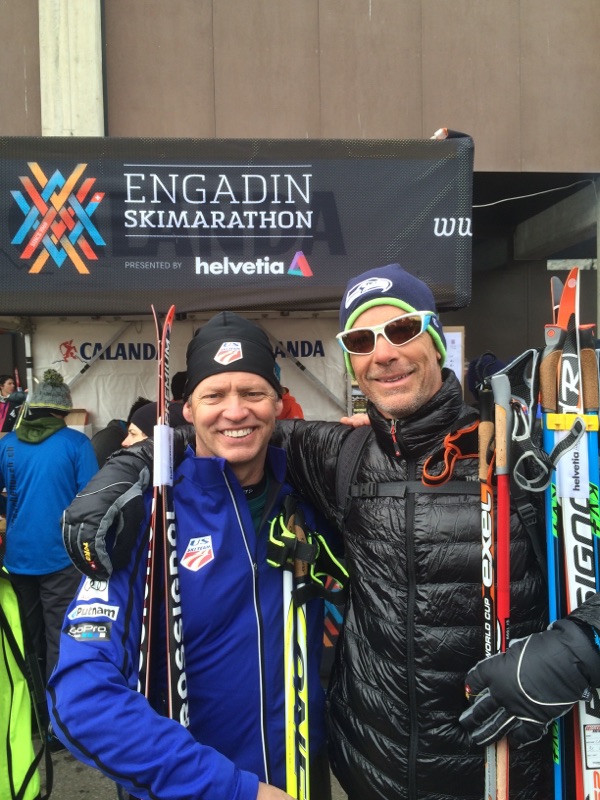
“I don’t understand the comment she made to you,” Shaw said of Lewis’s email. “FIS ultimately has to decide whether or not to charge the skiers. So far they have provisionally suspended them, presumably to gather more evidence. It’s logical that FIS is waiting to hear from the [IOC] commissions, because there will be additional evidence in there… [but] CAS, when they reviewed the provisional suspension, said essentially that the information and the evidence in the McLaren report is enough to convict. So you have the appellate body itself saying, we uphold your suspension. You have the evidence, but you have to make a decision.”
Current Investigations and a Broader Russian Ban
What is going on with the IOC commissions, which are taking so long?
The McLaren Report already contained evidence that Russian athletes had been involved in an elaborate sample-swapping scheme at the 2014 Olympics, and email evidence also showed evidence that doping violations were covered up in the years preceding 2014 as well.
(There was also evidence of many doping cases outside the Olympics, which does not seem to like it is being prioritized for investigation by either the IOC or relevant sports federations.)
Rather than act on that evidence, the IOC commissioned two more committees. One, headed by Denis Oswald, was tasked with looking at the guilt of individual athletes; another, headed by Samuel Schmid, was tasked with looking at the systematic nature of the doping in Russia. Schmid apparently said that he would have his work finished by December – after the winter sports season has already begun.
It has been months since the commissions began their work, and so far nothing has come out of it.
“Look at the Schmid and Oswald Commissions, which the IOC commissioned after the Independent Person report came out, that McLaren wrote,” Shaw said. “The IOC is commissioning more, to re-study what was already studied by an independent person report triggered by WADA, which is a child organization of the IOC. So it’s questioning itself. It has dragged this out for a year now.”
Against this backdrop and inaction, a number of organizations and individuals are nonetheless calling for Russia to be banned from the upcoming 2018 Olympics based on the McLaren Report. Among them are some spectators and athletes, but also 37 national anti-doping agencies (NADO’s), including USADA, the Canadian Centre for Ethics in Sport (CCES), and many others.
By comparison, only 14 NADO’s signed on to a similar statement urging Russia to be banned from the 2016 Olympics in Rio de Janeiro. Feelings on the issue have if anything become stronger since then as the IOC continues not to act.
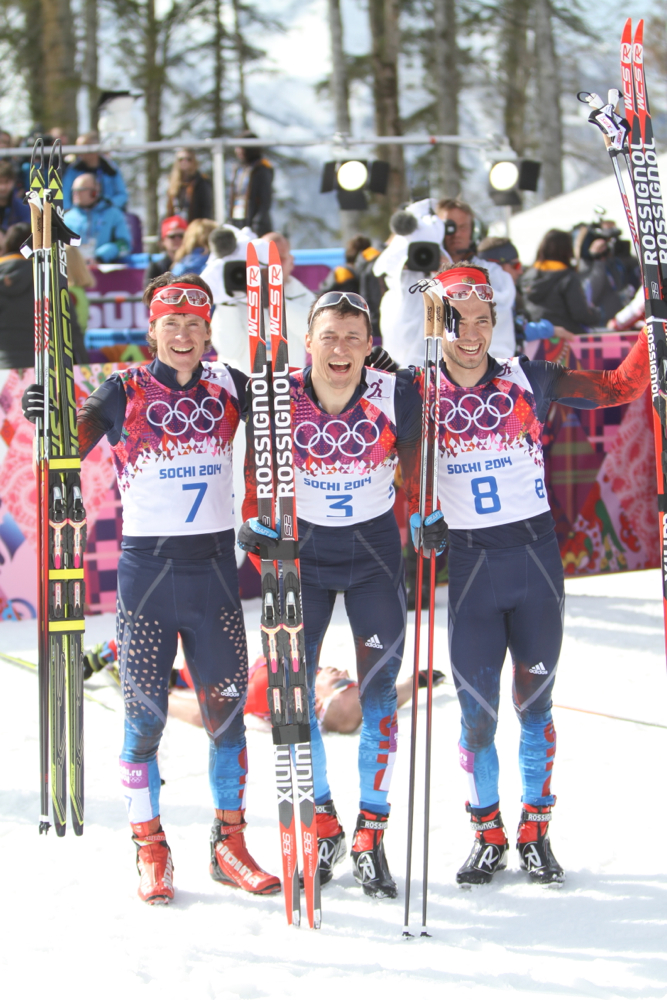
Calling for a Russia ban is seen by some as a kneejerk reaction, and an unfair one, but Shaw says that it is grounded in the kinds of statutes his organization and others around the world agree to be bound by.
“They have violated tons of anti-doping rules and FIS statutes,” Shaw said of Russia. “The statutes call for suspending a member federation if they do that, as well as if there are more than four doping convictions in a single year. Well, FIS is heavily pursuing at the moment [six athletes]. All of it ends up in the logical conclusion of FIS sanctioning Russia and excluding them from the season, which also means the Olympics.”
As for potentially innocent athletes caught up in the middle of it, there is a solution.
“There is a compromise that’s possible,” he said. “Suspend Russia, but allow athletes that have been continuously tested outside of competition in the preparation for the Olympics. In cross-country that probably means all summer. If they tested clean, then let them compete under an independent flag.”
That compromise, though, may have expired. Summer is over; athletes have half a training year under their belts and this outside-of-Russia testing and surveillance was never put into place, because decisions were put off about how to deal with Russia.
“Of course because of the general foot-dragging of the IOC, there is no time left,” Shaw said. “Everybody’s backs are up against the wall, unnecessarily, unfortunately, but maybe by design.”
How The System Could Work
“By design” gets at some of those conflicts of interest. Shaw says that the responsibility for investigating, trying, and sanctioning athletes shouldn’t all be housed with FIS and the IOC anyway.
At the moment, there is a mixture of agencies responsible for testing athletes. Each country has (or should have) their own anti-doping agency; in the United States, that’s USADA. Each international sports federation, like FIS, also has to do testing and deal with cases. Then, at the Olympics, all of that responsibility is transferred to the IOC.
In each case, there are conflicts of interest, Shaw says. A country may want to hide positive tests by their star athlete. That’s certainly what Russia did, to a massive extent.
The same is true for international federations.
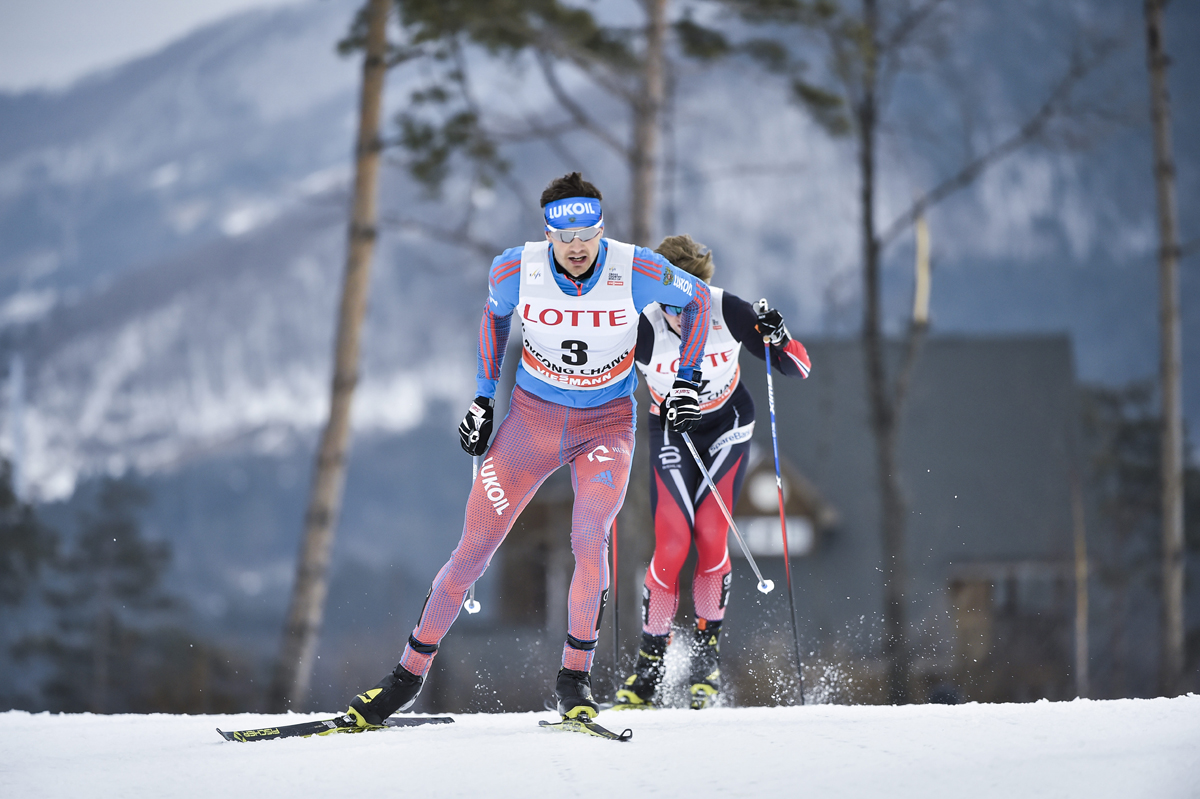
“What if you look at a smaller [international federation] that might have one super famous athlete,” Shaw said. “It’s going to have a huge economic impact on that federation’s worldwide image and brand [if that athlete fails a doping test]. That tiny federation might have 12 employees. How are they going to deal with this? It’s daunting.”
Then there is the IOC, which has plenty of money and resources, but at the moment is slow as molasses in dealing with its doping scandal.
“[IOC President] Thomas Bach obviously doesn’t want Usain Bolt to be disqualified right before the Rio Games,” Shaw said, using a hypothetical example. “It’s a major conflict of interest, a financial one as well as a moral and branding one. So there has to be a revamp of that whole thing.”
Instead, he asks, imagine how a criminal justice system works.
“You have an independent body that makes the rules – the laws,” he explained. “Then you have an independent agency that enforces them – that’s the cops. This is the ideal, not that it doesn’t get corrupted in the U.S. or anywhere else. Then you have another independent system – the courts. Even within that, you have independent systems where you have a jury of your peers and you have a judge. And then if anyone wants to challenge that you go to a higher court.”
Doping and sports governance is pretty far from that model, with the same organizations often making the rules, investigating cases, and handing out punishments.
“CAS does appear to be reasonably independent, thank God,” Shaw said of the highest court in sports. “But we need a single entity to run each of those other functional roles. We need a body to make anti-doping rules for the world of Olympic sports. Then we need enforcement. There could be multiple levels, but there has to be one body which is really controlling it all and enforcing independence across all of that… So the WADA-[national anti-doping agency] arrangement is not bad, but it’s politically screwed up. We need to fix that.”
Under such an arrangement, international sports federations could drop much of their anti-doping programs and focus merely on enforcing decisions made by other bodies. That would allow them make strategic plans for growth of their sports, something Shaw sees as sorely lacking in many international federations.
“Hopefully in the future, all the federations pay into a pool, and someone else takes care of it,” Shaw said. “And then you can focus on your sport and your brand. Hopefully that’s not a dream.”
Nuts and Bolts
So how does the dream become reality?
“You get excited about change and you think it can happen soon,” he said of U.S. Ski and Snowboard’s proposed reforms. “And then you run smack into political stalling. We see this happen at our level – you are trying to argue the merits of a position with one of our counterparts from another country. They say they agree but they aren’t going to do anything about it. It’s the most deflating thing you can run into.”
Regarding the situation with Russia, for instance, Shaw said that few other national ski federations are outspoken about the issues.
“They are confused and choosing not to study this closely, or do much about it,” he said. “And that’s simply because of the control exerted over them… You can’t have a council member of an international federation saying that they aren’t going to do anything about it because they are worried about re-election and angering the leadership. That is not leadership.”
Shaw is not alone in becoming a loud voice in the arguments over doping. Max Cobb, the President of the United States Biathlon Association and an Executive Board member at the International Biathlon Union, is also a vocal proponent of clean sport. Scott Blackmun, the CEO of the U.S. Olympic Committee, recently said that “at some point, justice delayed is justice denied, and we are fast approaching that point” regarding the Russia scandal. USADA CEO Travis Tygart has long been a vocal leader in the NADO community.
All of that means that the U.S. is sometimes framed as a bully on the issue, including in the ski world.
“There are a number of people and countries who love to say, the U.S. is trying to get Russia thrown out so they can win more medals,” Shaw said. “We want the [clean] athletes to be able to compete, but yes, we want Russia thrown out. So do 36 other countries. 36 other anti-doping organizations have called for this. What more of a majority do you need?”
Chelsea Little
Chelsea Little is FasterSkier's Editor-At-Large. A former racer at Ford Sayre, Dartmouth College and the Craftsbury Green Racing Project, she is a PhD candidate in aquatic ecology in the @Altermatt_lab at Eawag, the Swiss Federal Institute of Aquatic Science and Technology in Zurich, Switzerland. You can follow her on twitter @ChelskiLittle.

